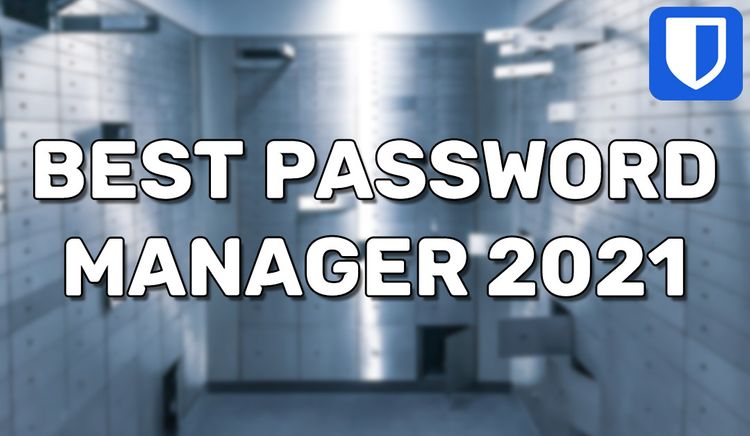9 Tips For New Coders

Have you started your journey with learning to code? The whole process of learning might be a bit slow for you. Maybe you’re just fine, but here are some tips for you anyways! These are a few points I wish I knew when I was starting off as a new coder. Whether it be software programming, scripting, or simply writing HTML.
1. Read the official documentation; Don't rely on YouTubers
This probably sounds like I'm contradicting myself as a coding YouTubers, but I'm not. All I am saying is you should not rely on videos as a primary source of education. Especially not as your only source. Videos are excellent to get a jump on a new technology, but they usually miss out on smaller details which could end up being a critical issue in the long run. On top of your educational videos, check up with the technology's official documentation. For one thing, it is many times faster to search up specific text based documentation than it is in a video.
2. Bugs and errors are almost always your fault
Most modern computers run instructions in the exact expected order. If something is behaving weird, you may need to double or triple check the code you feed it. The is often the case too when using a library. If you're using a widely vouched library, most bugs are probably ironed out. Double check the documentation for it if something is running unexpectedly.
3. Don’t copy and paste code
You’ll frequently run into a scenario where you may need help. Being the smart person you are, you asked for help using Google search. You find your solution on Stackoverflow or some other article. Let me tell you to not just copy the code. Instead of copying and pasting the answer, try retyping it yourself. When enforcing your memory on a subject, studies suggest that writing something down is much better than reading or listening alone.
4. Take your time
If you have the luxury of time, use it! You can cram your head with information too fast, too easily. You don’t need to learn several technologies of the same subject right away. This can make the experience confusing with the many similarities. Your brain deserves a break. Once you’ve mastered one of the technologies, only then should you move on. People too often try learning 3 programming languages and throw in a few libraries or frameworks in the span of 6 months. Rushing through everything means less experience, so you could be missing out on a whole lot of important information.
5. Have an efficient work setup
Find software that will streamline your experience. GitHub for example can make your project a mile more organized. Find an IDE that suits your technology well. Visual Studio Code is wonderful for web development and Visual Studio Community is equally great for Windows software development. You probably find yourself switching between windows a hundred times per minute; Like when editing code, saving, then viewing the output. Get a second monitor, then have your editor on one screen and your output on the other.
6. Use a generous amount of comments
Comments are there to help you understand code. Your code easily gains hundreds of lines and becomes complex. Start making comments from the get-go. When months pass and you review the code, you will very likely forget bits of how a system works. Save yourself potentially hours of time reading code by using comments. Even if you’re making simple projects, try to get into the habit of frequently writing comments.
7. Understand it isn’t bad to rely on Google
Coding languages like C++ or Javascript on a web-browser are insanely complicated. They offer so much. It would take a super-brain to truly know and remember everything. If you need to utilize Google to refresh yourself on even the simplest subject, don’t feel bad. Google is actually one of your tools, even in the workplace. Even big-time professionals like Fortune 500 software engineers need a refresher.
Disclaimer: This doesn’t excuse you from being totally incompetent. Have at least the principles of the technology understood.
8. Don’t worry about bad code
You will often come up with hack or inefficient solutions. If you genuinely can’t figure out a better way to improve your code, don’t worry too much. You’re still in your learning stage. Practicing is what matters. With time, you might learn something new and could unintentionally find something on Google which helps you improve old code.
Disclaimer: This only applies to pure learning experiences like personal projects.
9. Understand that learning a second language is easier than the first
The complications of learning your first language might deter you from learning additional languages. Don’t let that be. Once you’ve mastered one language, you should’ve learned the basic principles of the technology. That alone should be enough to get your foot in the door of a similarly purposed technology. Like when transitioning from Javascript to C++, it helps to understand how loops, if statements, variables, data types, and output works.
10. Apply what you learn
Simply learning something exists is almost never enough. You will very likely forget most of what you learned in a couple weeks if you don’t use what you learned. When you learn something new in a language, try using it in one of your personal projects.



